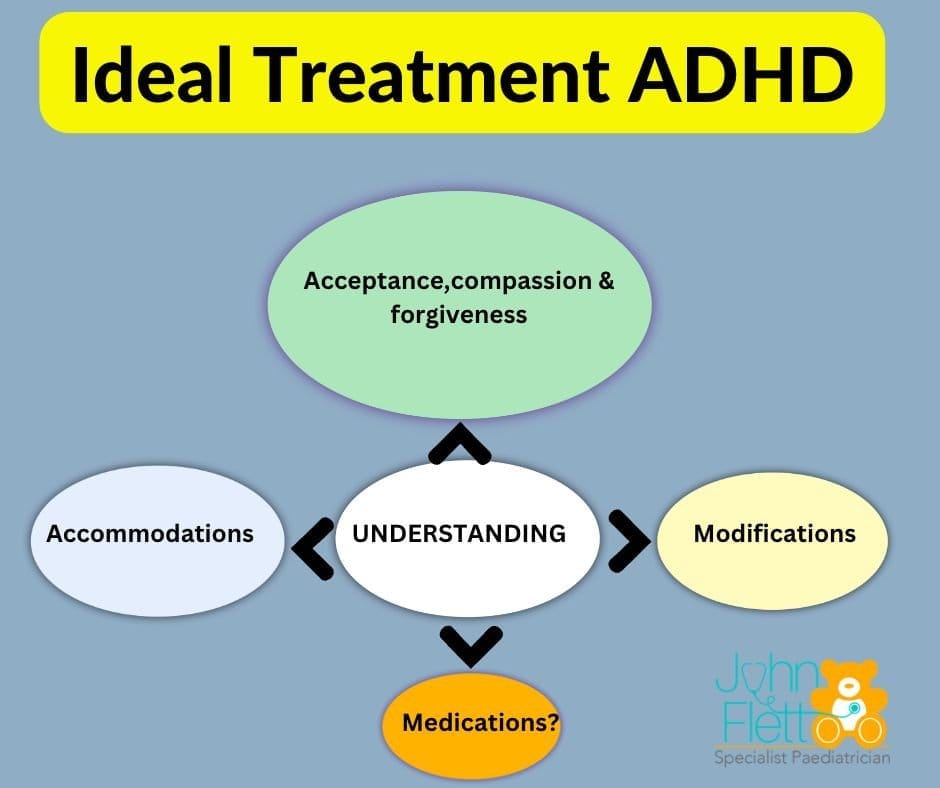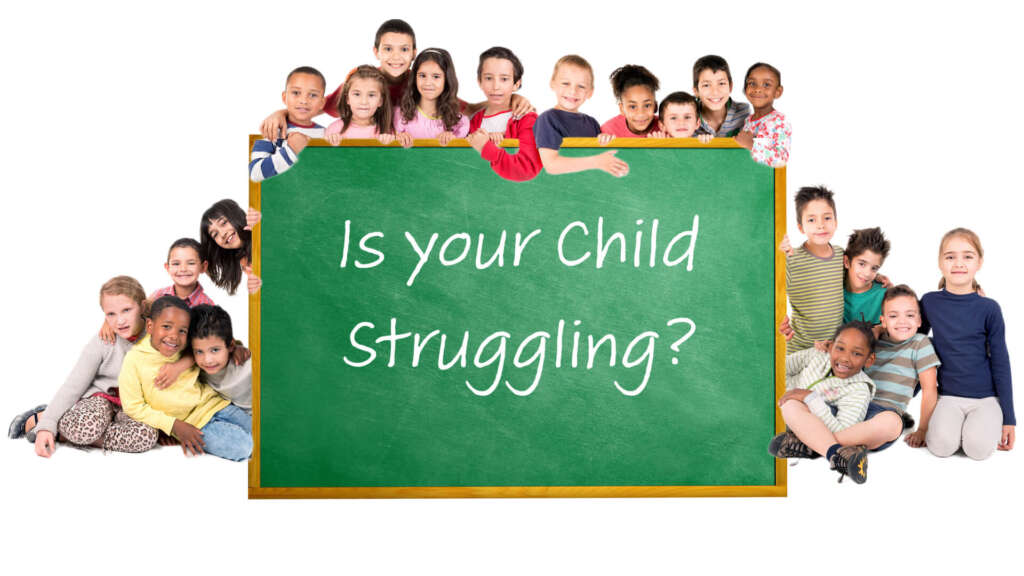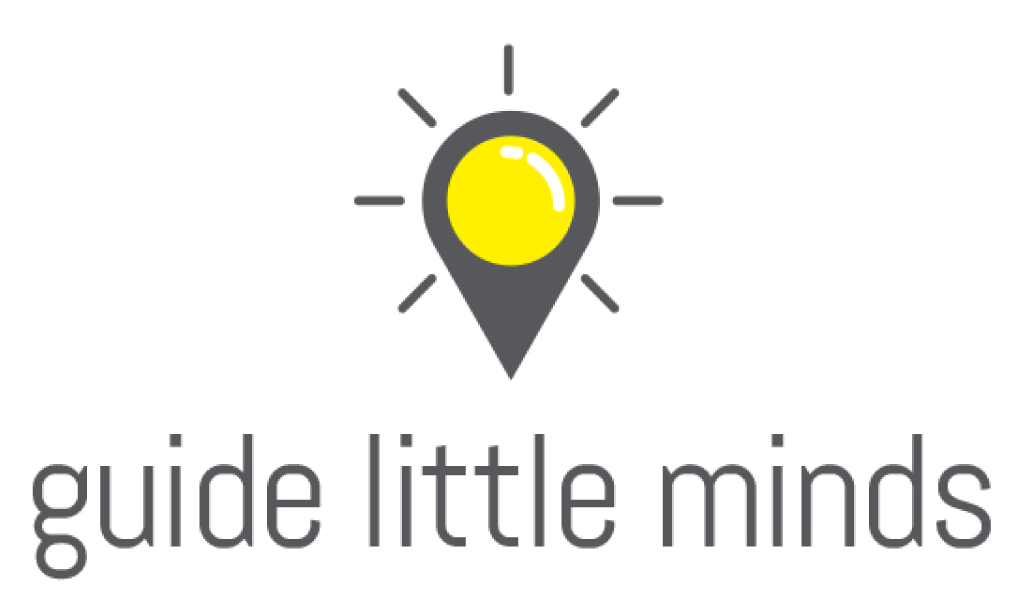Holistic Management of ADHD Dr. John Flett’s Comprehensive Approach

Hello, everyone! I’m Dr. John Flett. Today, I want to share with you my philosophy and approach to managing ADHD – a method that I’ve developed and refined through years of working with children and parents. My method centres on five principles, and the first one is – Understanding.
Understanding is where it all begins. When I meet parents in my consultations, my initial task is to understand what they already comprehend about ADHD. Understanding what parents know and believe forms the bedrock of my approach, as it enables me to help them understand their child’s condition better.
At its heart, ADHD is a neurochemical issue. It’s not a result of bad parenting or teaching, nor is it a child’s fault for not trying hard enough. It’s a condition one is born with, a neurological difference that can present certain challenges but also unique strengths.
The second principle in my approach is Compassion and Forgiveness. This is crucial as managing ADHD isn’t about casting blame, it’s about empathy. It’s not helpful to label children with ADHD as ‘naughty’, ‘lazy’, or ‘stupid’. Instead, we should see them for who they are: children with a unique set of challenges and skills.
Now let’s move onto the third principle, which is Accommodation. Accommodating the needs of a child with ADHD can drastically improve their quality of life. This might mean modifying their learning environment to help them focus better, giving them additional time for tasks, or allowing for regular ‘brain breaks’ to prevent cognitive overload. Remember, just because a child is fidgety doesn’t mean they’re misbehaving – sometimes, they just need a little space to recalibrate.
The fourth principle is Modification. Modification involves adapting the way we interact with and instruct children with ADHD. By making instructions more straightforward, providing positive incentives, and crafting a stimulating, yet non-distracting environment, we can help children with ADHD engage more productively with the world around them.
Finally, we reach the fifth principle: Medication. Medication is often treated as the primary solution to ADHD, but in my approach, it’s the last point we consider. That’s not to say it’s unimportant – quite the opposite – but medication alone won’t solve all the challenges associated with ADHD. It should be one component of a broader strategy, prescribed and monitored by a professional.
So, there you have it. My holistic approach to managing ADHD: Understanding, Compassion and Forgiveness, Accommodation, Modification, and Medication. By adopting this comprehensive approach, we can go beyond merely managing symptoms and truly support children with ADHD to thrive in their own unique way. After all, our aim should be not just to treat ADHD, but to help each child become the best version of themselves.


